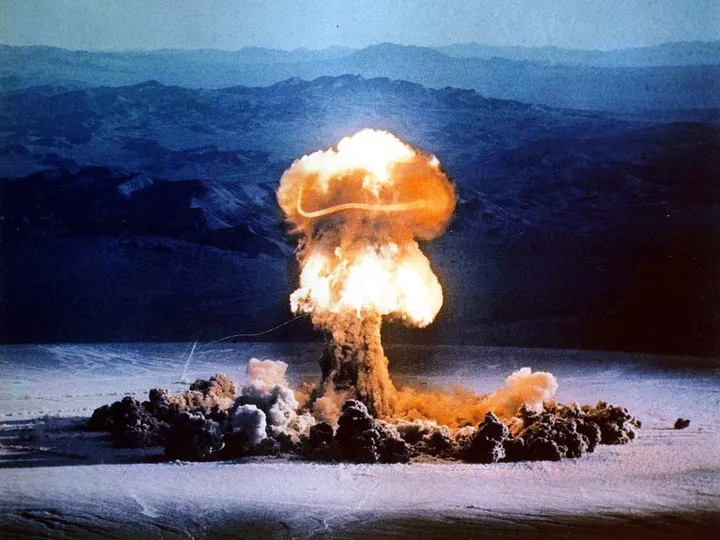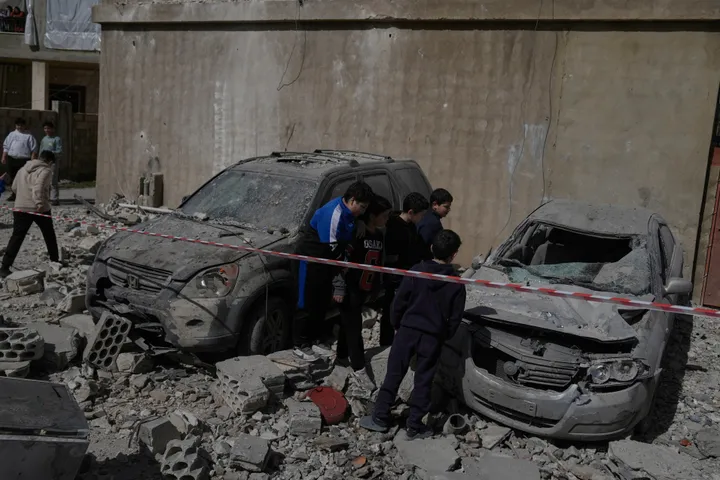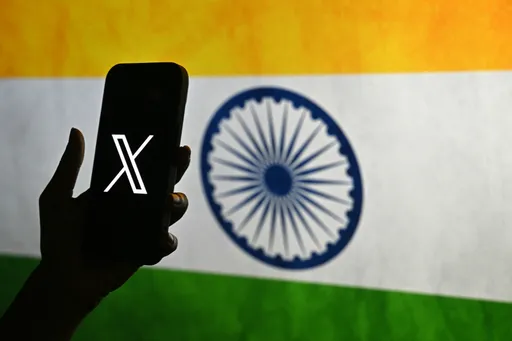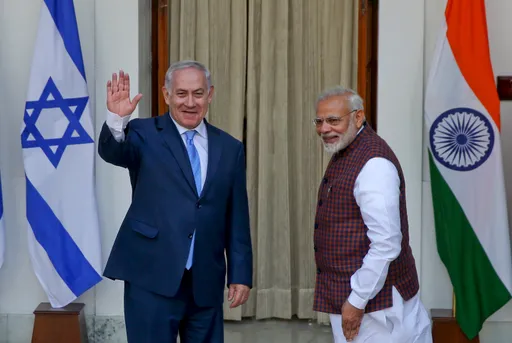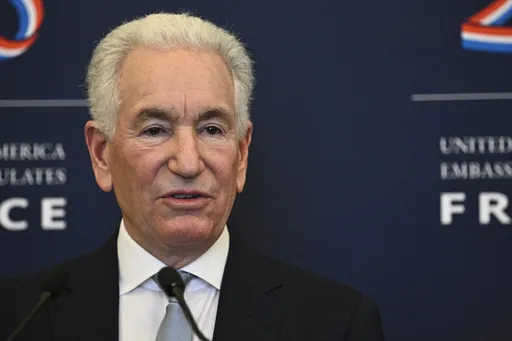Tensions between Turkey and Libya peaked over the weekend as militias led by Libyan warlord Khalifa Haftar targeted Turkish citizens living in Libya.
Just two days after Haftar ordered his forces to attack Turkish citizens and ships, Turkey’s Foreign Ministry announced on Sunday that “illegal militia forces linked to Haftar” had detained six Turkish citizens “in an act of thuggery and piracy."
The ministry demanded that the detained Turkish citizens be “immediately released."
If they weren’t then Turkey warned: “Haftar elements will become legitimate targets.”
Turkish Defence Minister Hulusi Akar also warned that there would be a “heavy price for hostile attitudes or attacks."
“We will retaliate in the most effective and strong way,” Akar said.
Instead of providing clarification on the detention of six Turks, Haftar’s self-styled Libyan National Army announced they had destroyed a Turkish drone in a strike in Tripoli.
On Monday, the Turkish citizens were released and said they want to continue their work in Libya. All six men are sailors and were permitted to return to their ship.
So what’s behind Haftar’s latest targeting of Turkish interests?
Ferhat Polat, a researcher at TRT World Research Centre, says that Turkish ships have been targeted for leverage in the past.
“This is not the first time that Haftar forces targeted Turkish ships and citizens in Libya. For instance, in 2015 a Turkish cargo ship off the coast of Tobruk, Libya, was attacked by warplanes and artillery, killing a Turkish officer and injuring members of the crew,” Polat said.
Haftar’s aggressive stance toward Turkey has led to a deterioration of relations on both sides.
Proxy war
The latest escalation is one element of a complex proxy war which involves many regional powers in the conflict.
Since the beginning of what is commonly referred to as ‘The Second Libyan Civil War’, that kicked off in 2014—the first was when Gaddafi was overthrown—when the north African country became a playground for various militias, Turkey has supported the UN-recognised Government of National Accord (GNA) in Tripoli.
Turkey has repeatedly highlighted that a democratic process is the only solution for the crisis and emphasises Libya’s territorial integrity and sovereignty.
On the other hand, the UAE, Saudi Arabia, France, Russia and Egypt politically and logistically support Haftar and his illegal militias.
US policy on Khalifa Haftar has been inconsistent. US President Donald Trump expressed support for him in a surprise phone call, but Haftar has not been able to visit Trump administration officials since despite attempting to arrange meetings.
The United Nations report reveals that Haftar’s militias receive a significant amount of aircraft, military vehicles and supplies from the UAE which also helped build an air base in an area controlled by the militias.
The support that the warlord receives from Gulf monarchies is the result of establishing himself as a bulwark against “extremist” movements in North Africa.
Diplomatic and military support given to him by the Saudi-UAE bloc is directly in line with its attempt to counter-revolution and democratic movements in the name of fighting against so-called “extremists."
A coup plotter, a defeated soldier, a US-sponsored exiled fugitive, and now a powerful rebel warlord, Haftar has had an ever-shifting position in Libya's political landscape.
The country was plunged into a bloody power struggle between the various strong men following a NATO intervention that led to the dictator Muammar Gaddafi’s downfall and death in 2011.
Among them, Haftar, as a former general who spent decades in the corridors of power in Libya, did not miss the opportunity to take a piece of the cake in the ensuing power vacuum.
But from the CIA's headquarters in Virginia to the war-ridden battlefields of Libya, Haftar's turbulent journey has been filled with blood, a lust for power, and controversy.
In the 1980s, after Libya’s unsuccessful intervention in Chad, Gaddafi lost his trust in him and disowned Haftar.
The high-ranking general, who felt humiliated by Gaddafi’s decision, decided to get revenge and play a part in Libyan politics again.
But his plans to topple the Gaddafi regime failed, and in 1990, with help from the CIA, he was taken out of Libya and settled in Virginia, in the US.
Now, after decades of exile, Haftar again is back on the battlefield, aiming to take control of the country.
Turkey has a keen interest in the Libyan crisis, which plays a significant part in trade in the Mediterranean Sea and is at the heart of one of the biggest migration crises Europe has faced.
But, despite Haftar’s attacks, Polat believes that Turkey will not get involved in the Libyan war.
“The number of times Turkey stressed that there can be no military solution to the crisis as the political process is the only way out of the current conflict. Turkey wants to be part of the peace process,” Polat said.

